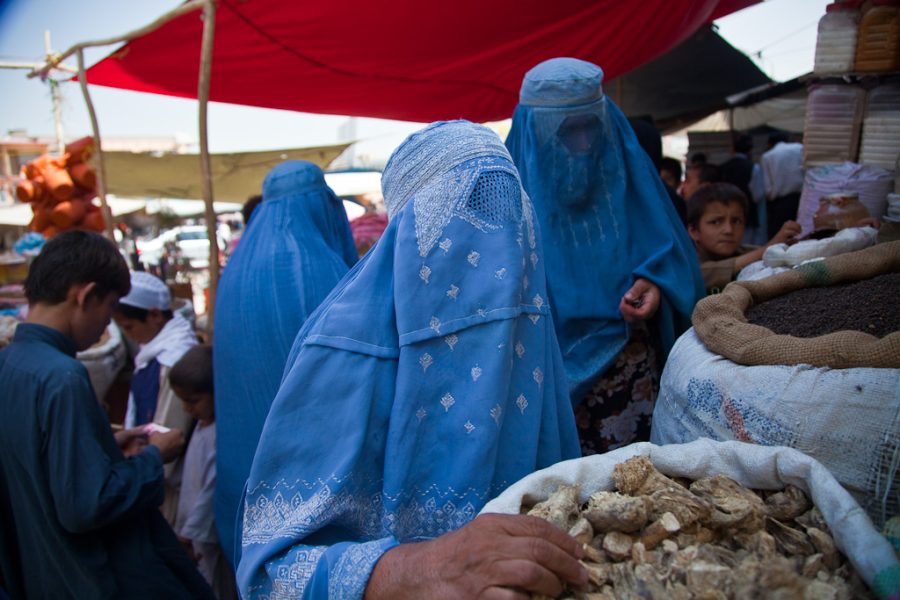What Has Been Going on in Afghanistan Following The Taliban Takeover?
Just over 6 months after the Taliban has regained control of Afghanistan, the people have faced severe oppression, diverting Afghanistan back to the relentless rule remembered in the 1990s
According to the Associated Press, girls in Afghanistan are barred from attending school beyond 6th grade. In addition to this, across Afghanistan, the media is facing censorship, as females lose basic human rights- such as traveling without a male counterpart.
These new codes directly break a vow made to the Afghani people and the world. In fact, in August of 2021, Zabihullah Mujahid, a Taliban spokesperson, told the world during the first Taliban rule press conference, that female rights will be protected “within the limits of Islamic law.”
What does this mean for the people of Afghanistan? Largely, what many people predicted in the U.S., back during the fall of the Afghan government: The Taliban will be reverting back to the harsh rule they employed in the 1990s.
While the social “norms” enjoyed by citizens from democracy are evidently gone, many other aspects of Afghanistan have changed since Aug. 2021.
According to reports from the World Bank Group, an international financial institution, Afghanistan’s economy has been in free fall, even before the collapse of the government. Because of the geopolitical location of Afghanistan, the economy has seen significant hardships.
Because of recent events, the Afghan economy has faced a severe cutback of international grant support, in addition to disrupted financial linkages and the loss of access to offshore assets. All of these will trigger micro and macroeconomic insecurity, as well as take a significant toll on the economy.
While it is hard for the United States to predict what the Taliban is going to do next, one thing is certain; The Taliban is hoping to see Chinese investments to fund government ventures for infrastructure. According to the Associated Press, the Taliban has conducted culturally strange gestures, such as preserving Buddha statues, in order to improve relations with China.
Matthew P. Funaiole, a senior fellow with the China Power Project, expressed in a published foreign policy journal that many experts believe China is eyeing Afghanistan’s abundance of mineral deposits, something China has an increasing demand for. However, Funaiole argues that conducting business with Afghanistan would be a “headache” for China, and they are more likely to utilize the mineral deposits from within China, as they are said to hold 37 percent of the global rare earth reserves.
As for the future of western nation-building, it appears that the U.S. has no plans to conduct democracy in Afghanistan, as it intended to 20 years ago, in the post-cold war era.
“There is a history of hundreds of years that nobody was ever able to control Afghanistan. It’s strategically very difficult with the difficult terrain and mountain,” according to Barak Dar, the CEO of a weapon technology company and a former Israeli military sergeant and recon squad commander.



















































